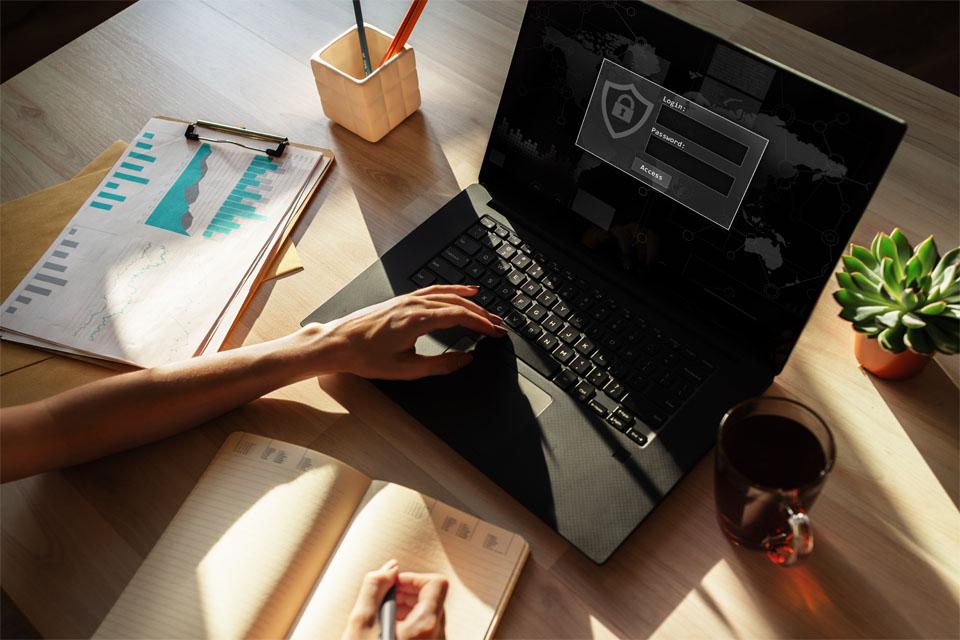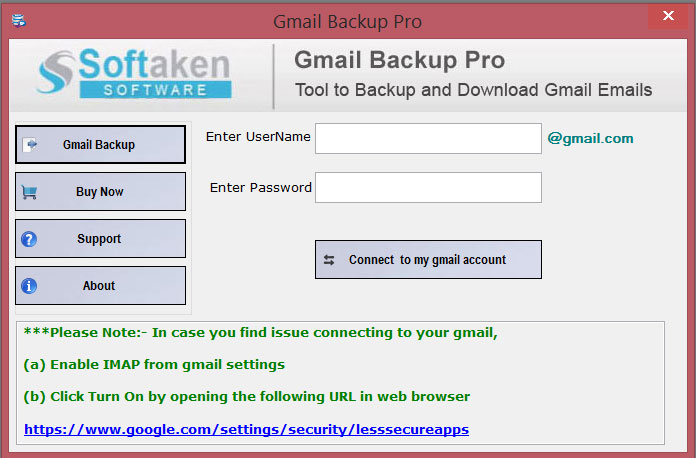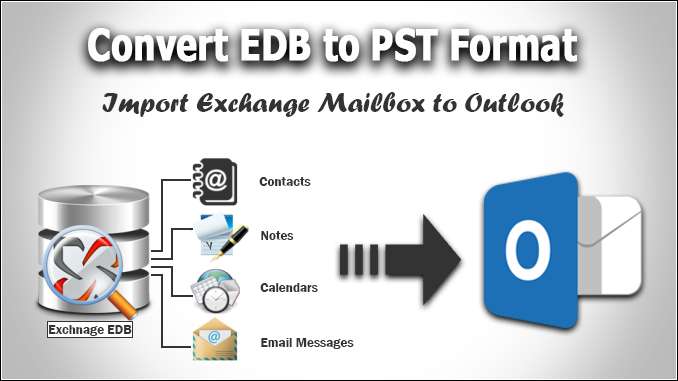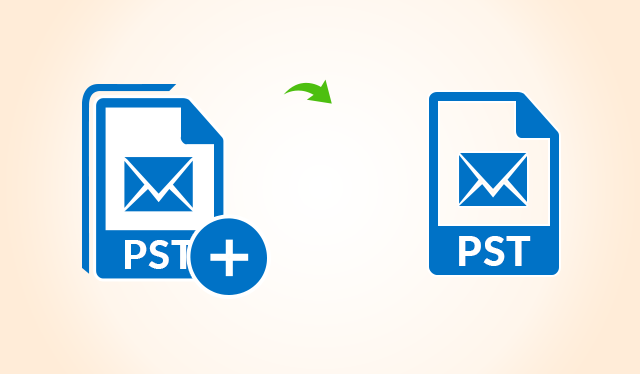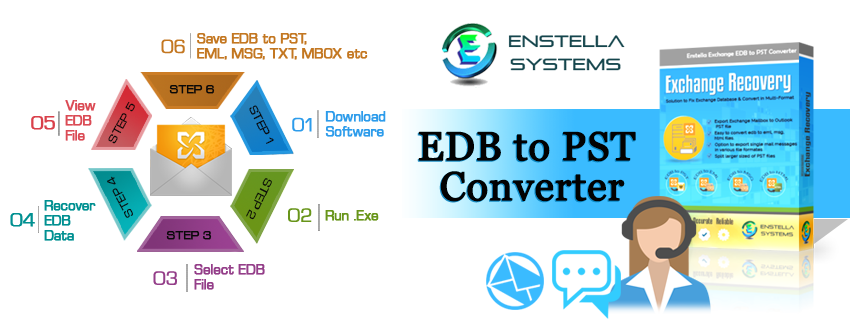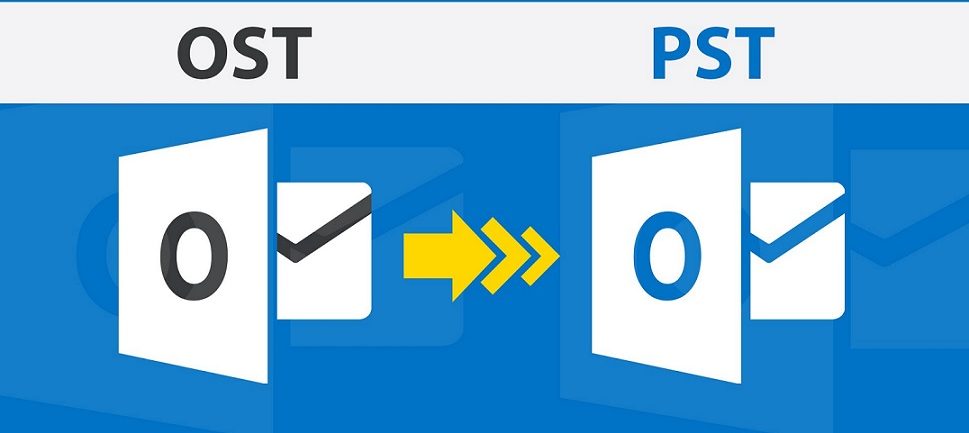File, server, and staff safety and security are a huge concern among businesses – big or small. And as we move forward in this battle against an unseen enemy, both safety and security become more pronounced, especially to manage remote employees. Yes, it’s easy to control file or server access and educate the entire team about safety and security measures while in the office. However, when they’re on a work-from-home setup, it’s another story.
A security breach situation can put a business down, regardless of whether it’s caused by a malware attack or hackers gaining access to a client’s private files. So, to prevent the worst from happening, it is essential that business owners teach their staff how to keep data safe when working remotely.
In this article, we will share basic data safety and security tips you can share with your colleagues.
Tip #1: Install a reliable tracking software program.
Do not forget to install a reliable tracking software when setting up your PC for remote work. This will allow you to easily locate your device in case it gets stolen or lost.
Some real-time tracking software programs have features that take photos of the person who has your device, which makes it easier for authorities to find him/her. Others automatically lock the device and delete any saved passwords.
If your company cannot provide you with access to this kind of software, feel free to find options online.
Tip #2: Practice the use of strong passwords.
One of the best ways to improve data security is to create and use strong passwords. If possible, use a password generator or a password manager to create passwords that are hacker-resistant. Do not use the same passwords for multiple applications, too. This will only increase the risks.
You may also set passwords to expire after a few months so you can change them. Lastly, make sure you do not allow your device to remember them.
Tip #3: Secure your emails.
If you are working remotely, it is your job to secure your email. This is especially important when you are sending sensitive or proprietary information.
To secure your email, you may use an email encryption service. Find free basic plans that are compatible with your current email system.
Tip #4: Enable your firewall.
A firewall is designed to ward off any security risks associated with the use of public WiFi networks. It works by preventing any unauthorized access to your device. However, it can only do its job if it’s switched on. So, the next time you plan to work outside the office – be it in a coffee shop or in the airport – make sure your firewall is up and running.
Tip #5: Take advantage of cloud-based storage services.
Aside from using a tracking software program, you can also use a cloud-based storage service to safeguard your data in case your device gets stolen or is infected by a virus. The cloud offers numerous advantages to average users. But the most obvious one is probably the fact that you get to access your data using any device whenever you want.
Among the most popular cloud storages nowadays that can be used at no cost are Dropbox, MediaFire, Google Drive, and OneDrive.
Tip #6: Install any pending updates.
Whenever you get notified about a new update, do not be quick on dismissing it. Updates are often free, and they only take several minutes to install. In return, you and your device will be spared from any form of malicious attacks.
To guarantee better protection, install any update right away or at least within a week from the time you were notified. Be careful when installing updates, though. Make sure you only allow updates from reputed sources.
Tip #7: Use a VPN service.
Another way to keep your data and other pieces of information safe when connected via a public Wi-Fi network or having two modems is through the use of a VPN. A VPN creates a secure tunnel, where information that is being sent in and out of your device, can travel. In a corporate setup, a VPN is used to connect file servers and applications for remote work.
Some of the best VPN services today are:
ExpressVPN
ExpressVPN is one of the best VPNs on the market known for delivering speed, privacy, and security features. It comes with a 30-day money-back guarantee, which allows users to try the service first.
NordVPN
Like ExpressVPN, NordVPN is a major player in the VPN industry. It has amazing features and functionalities that are designed to improve safety and security.
Surfshark
If you want premium VPN service like no other, then Surfshark is the name to trust. With innovative apps, fast connections, and unlimited connections, this VPN won’t disappoint.
Outbyte VPN
Concerned about your online privacy and security? Then we suggest trying Outbyte VPN. While it may be new in the VPN industry, it has been competing with the biggest names already. Try it risk-free for 30 days.
Tip #8: Be online only when needed.
Yes, it is pretty convenient and cost-efficient to connect to a public Wi-Fi network when working in a remote setup. However, if you are not actively using it, just don’t connect. Doing so will only increase the risk of exposure to various forms of threat, such as worms, viruses, and Trojans.
Tip #9: Delete junk files regularly.
As you use your device for work, you are exposing it to thousands of threats. Sometimes, malware entities disguise themselves as junk files to wreak havoc on your system and steal whatever information it can find on your device. To avoid causing harm to it, make it a habit to clean up your junk files and folders every now and then. You can use a Windows or Mac cleaning tool to automate the entire clean up process.
Tip #10: Get yourself educated.
It is never enough to rely on the basic stuff you already know. Remember that this is a digital era where things can change in a blink of an eye. What works now might no longer be effective later on. So, we suggest that you continuously educate yourself. Practice new PC tips and tricks or read troubleshooting guides so you can fix the issue before it gets worse.
Wrapping Up
There you have it! Consider all these tips to safeguard your data. Make working from home as secure as it is rewarding.
Author Bio:
Jess is a professional content writer and editor for Software Tested, writing about all sorts of technology topics under the sun. As a computer programmer, she is able to tap into her expertise on computers and gadgets to help others resolve their tech problems.
